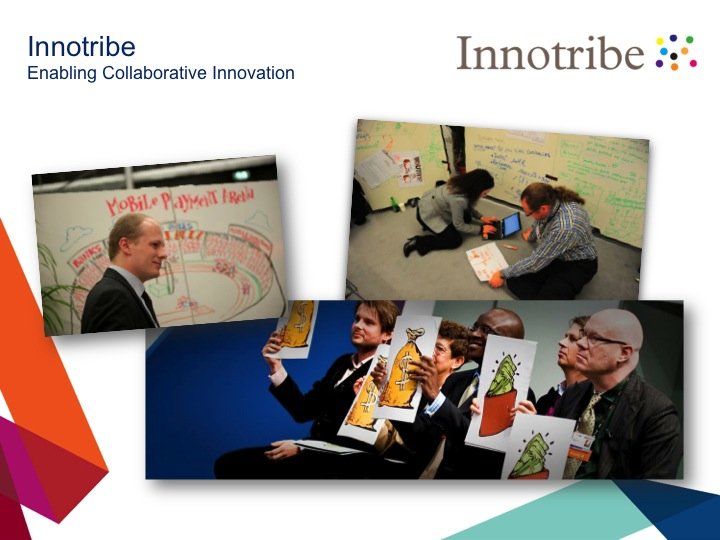Last Week’s revelation about the NSA’s wired access to social networks’ user data must have caused some concern among those concerned about privacy. The companies whose servers are being allegedly being mined are Microsoft, Yahoo, Google, Facebook, PalTalk, AOL, Skype, YouTube, and Apple. The classified program, dubbed PRISM, has been in operation since 2007, in a bomeshell dropped by President OBama. According to the Guardian:
“America’s tech giants continued to deny any knowledge of a giant government surveillance programme called Prism, even as president Barack Obama confirmed the scheme’s existence Friday.With their credibility about privacy issues in sharp focus, all the technology companies said to be involved in the program issued remarkably similar statements”.
Twitter was notably missing from the leaked list of Internet giants, but it is worrying that clould storage provider Dropbox might soon join the list according to some media reports. Certainly concern about PRISM, demonstrates a need for enhanced cloud privacy, and one firm has issued a statement in the midst of the controversy. Online backup service IDrive, and cloud storage provider IDriveSync are announcing their services are as secure as ever with 256-bit AES encryption including private key encryption. Business Development Associate Shane Bingham stated, “We take customer privacy very seriously, and want to encourage everyone to make informed choices about how their data is secured.
“When users select our private key option, they prevent anyone – even us – from accessing their data,” explained CEO Raghu Kulkarni. “This private key is not stored anywhere on our end, so no one, not us, not even the government, can access the files. Even if the government could access our customers’ data, it would be completely unreadable.” Kulkarni went on to explain how this feature placed IDriveSync apart from other competitors, “Other online storage providers like Google Drive, SkyDrive, iCloud, and Dropbox do not offer this level of privacy and security, offering only a default method which could be accessed by the provider. You can’t have 100% security, 100% privacy and 0% inconvenience, insists President Obama.. Or can you?
Perhaps if one truly wants to ensure privacy you may have to turn to less popular services in order to guarantee it. I have nothing to hide, but I dont buy into the lame argument ” if you have nothing to hide then you have nothing to fear”. That thinking takes you down the path ending with a loss of some or all of your civil liberties. Tech Giant Google however clearly wants to reassure users that it isn’t complicit. “I’m not sure what the details of this PRISM program are, but I can tell you that the only way in which Google reveals information about users are when we receive lawful, specific orders about individuals — things like search warrants,” said Google+’s chief architect Yonatan Zunger in a post on Google+
“I can also tell you that the suggestion that PRISM involved anything happening directly inside our datacenters surprised me a great deal; owing to the nature of my work at Google over the past decade, it would have been challenging — not impossible, but definitely a major surprise — if something like this could have been done without my ever hearing of it. And I can categorically state that nothing resembling the mass surveillance of individuals by governments within our systems has ever crossed my plate”.
No doubt, last weeks events will continued to be debated into this week. I can’t help but wonder what the Bitcoin crowd is thinking right now. Anonymity and privacy are the foundation of the crypto-currency’s appeal, and individual bitcoin data has to be stored somwhere. Last week’s events may influence the type of choices and providers, bitcoin miners use in the future.

Hayden Richards is Contributor of IntelligentHQ. He specialises in finance, trading, investment, and technology, with expertise in both buy-side, sell-side. Contributing and advising various global corporations, Hayden is a thought leader, researching on global regulatory subjects, digital, social media strategies and new trends for Businesses, Capital Markets and Financial Services.
Aside from the articles, interviews and content he writes for IntelligentHQ, Hayden is also a content curator for capital markets, analytic platforms and business industry emerging trends. An avid new media explorer Hayden is driven by a passion for business development, innovation, social business, Tech Trading, payments and eCommerce. A native Trinidadian, Hayden is also a veteran, having served with the Royal Air Force Reserves for the past 10 years.
Follow Hayden on Twitter @HaydenARichards, linkedin.com/haydenhrichards and http://www.scoop.it/u/hayden-richards
































